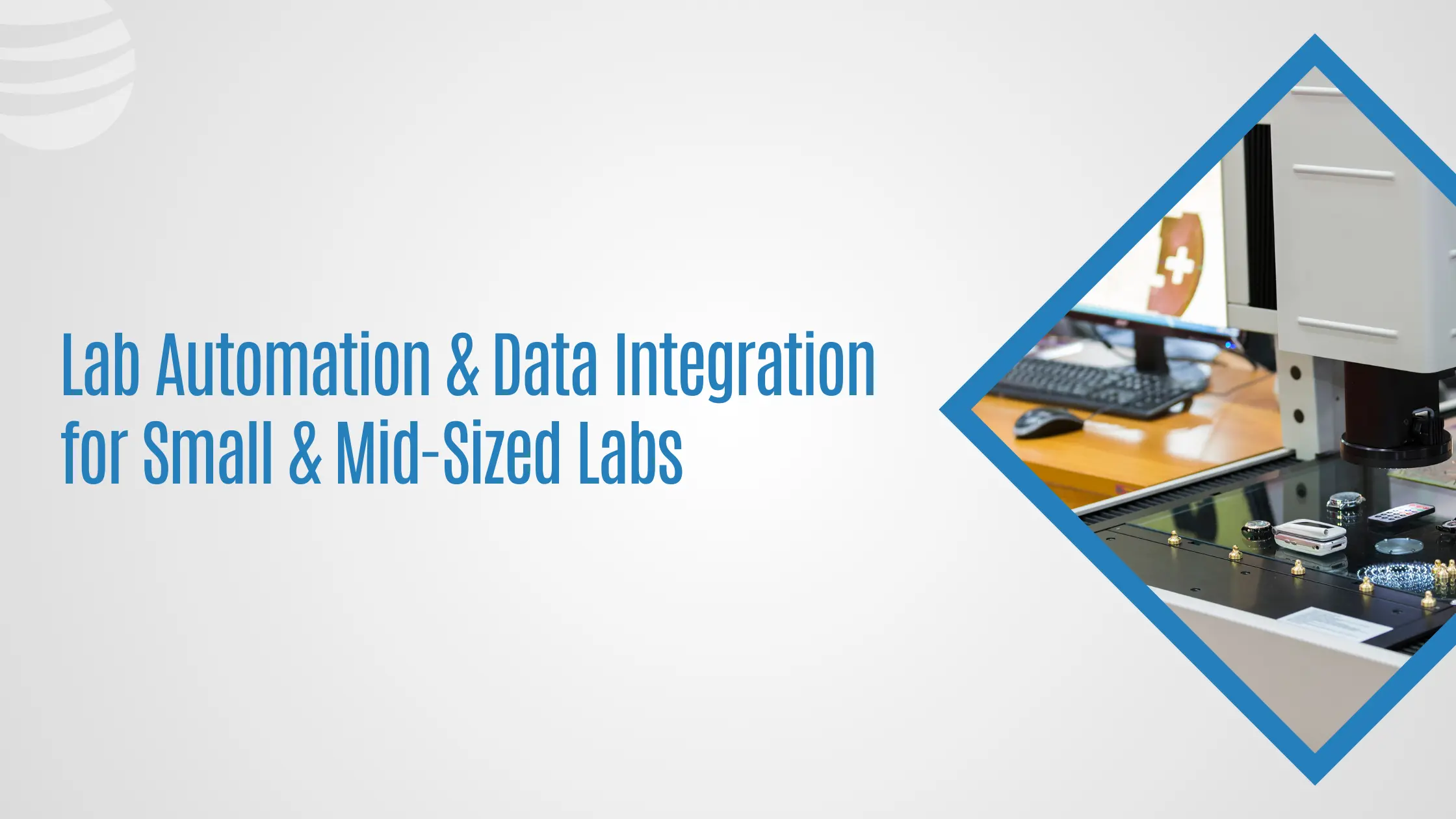

Customizing LIS for Your Lab's Unique Needs: A Comprehensive Guide
In the area of laboratory control, efficiency, accuracy, and flexibility are paramount. Laboratories, whether or not in healthcare, studies, or industrial settings, rely closely on Laboratory Information Systems (LIS) to streamline operations, control statistics, and ensure compliance. However, no longer all labs have same wishes, workflows, or specialties. This is where the customization of LIS will become critical. In this complete guide, we delve into the importance of customizing LIS in your lab’s specific necessities and provide actionable insights for optimization.
Understanding Laboratory Information Systems (LIS)
Laboratory Information Systems (LIS) are sophisticated software solutions designed to manipulate and automate laboratory workflows, facts control, and reporting. These systems encompass a wide range of functionalities, along with sample monitoring, result interpretation, excellent control, stock management, and interfacing with different healthcare or administrative systems.
The importance of LIS customization lies in its ability to conform to the precise wishes of man or woman labs, thinking about elements along with area of expertise areas, extent of tests, regulatory requirements, and workflow intricacies. Off-the-shelf LIS solutions may additionally provide simple functionalities, however they often fall brief in assembly the diverse and complicated requirements of present day laboratories.
Importance of Customization
-
Enhancing Efficiency
Customizing LIS allows labs to tailor workflows and processes to optimize efficiency. By eliminating unnecessary steps and automating routine tasks, staff can focus more on high-value activities, such as data analysis and interpretation.
-
Improving Accuracy
One size does not fit all when it comes to laboratory workflows. Customized LIS ensures that data entry, sample handling, and result reporting align with the specific requirements of each lab, minimizing the risk of errors and ensuring accurate results.
-
Ensuring Compliance
Compliance with regulatory standards, such as CLIA (Clinical Laboratory Improvement Amendments) and HIPAA (Health Insurance Portability and Accountability Act), is a top priority for laboratories. Customized LIS can be configured to enforce compliance protocols, track audit trails, and generate comprehensive reports for regulatory agencies.
-
Facilitating Integration
In today’s interconnected healthcare landscape, integration capabilities are crucial for seamless data exchange between different systems and stakeholders. Customized LIS can be integrated with Electronic Health Records (EHRs), billing systems, and third-party applications, ensuring interoperability and continuity of care.
Key Considerations for Customization
- Workflow Analysis:
Conduct a thorough analysis of your lab’s workflow, identifying bottlenecks, redundancies, and areas for improvement. Engage with frontline staff to gain insights into daily operations and pain points that can be addressed through customization. - Scalability:
Choose a LIS platform that offers scalability to accommodate future growth and changes in testing volumes. Scalable solutions can adapt to evolving business needs without requiring significant reconfiguration or disruption to operations. - Flexibility and Configurability:
Opt for a LIS solution that offers flexibility and configurability to tailor workflows, user interfaces, and reporting formats according to your lab’s unique requirements. Look for customizable templates, rules engines, and scripting capabilities to support complex workflows and specialty testing. - User Training and Support:
Invest in comprehensive training programs and ongoing support to ensure that staff are proficient in using customized LIS features. Provide resources for troubleshooting, knowledge sharing, and continuous learning to maximize the benefits of customization.
Best Practices for LIS Customization
- Define Clear Objectives
Clearly define the objectives and desired outcomes of LIS customization initiatives, focusing on improving efficiency, accuracy, compliance, and user satisfaction. - Engage Stakeholders
Involve stakeholders from across the organization, including laboratory staff, IT professionals, quality assurance teams, and management, in the customization process. Solicit feedback and collaboration to ensure that customization efforts align with business goals and user needs. - Prioritize Usability
Prioritize usability and user experience in LIS customization, designing intuitive interfaces and workflows that minimize cognitive load and facilitate task completion. - Regular Evaluation and Optimization
Continuously monitor and evaluate the performance of customized LIS features, soliciting feedback from end-users and identifying areas for optimization. Regularly update configurations, workflows, and protocols to adapt to changing business requirements and technological advancements.
Case Studies
Customizing LIS for Molecular Diagnostics Lab: A molecular diagnostics lab specializing in infectious disease testing customized their LIS to streamline sample processing, result interpretation, and reporting. By integrating automated data analysis algorithms and real-time PCR workflows, they reduced turnaround times and improved detection sensitivity, enhancing patient care outcomes.
Customizing LIS for Research Facility: A research facility customized their LIS to support multi-omics data analysis, high-throughput screening, and collaboration with external partners. By implementing customized data visualization tools and integration with cloud-based research platforms, they accelerated discovery timelines and facilitated data sharing across interdisciplinary teams.
Conclusion
Customizing Laboratory Information Systems (LIS) is essential for addressing the unique needs and challenges of modern laboratories. By tailoring workflows, interfaces, and functionalities to specific requirements, labs can enhance efficiency, accuracy, compliance, and interoperability. By following best practices and engaging stakeholders throughout the customization process, labs can unlock the full potential of LIS to drive innovation, improve patient care, and advance scientific research. Invest in LIS customization today to future-proof your lab and stay ahead in the rapidly evolving landscape of healthcare and life sciences.


